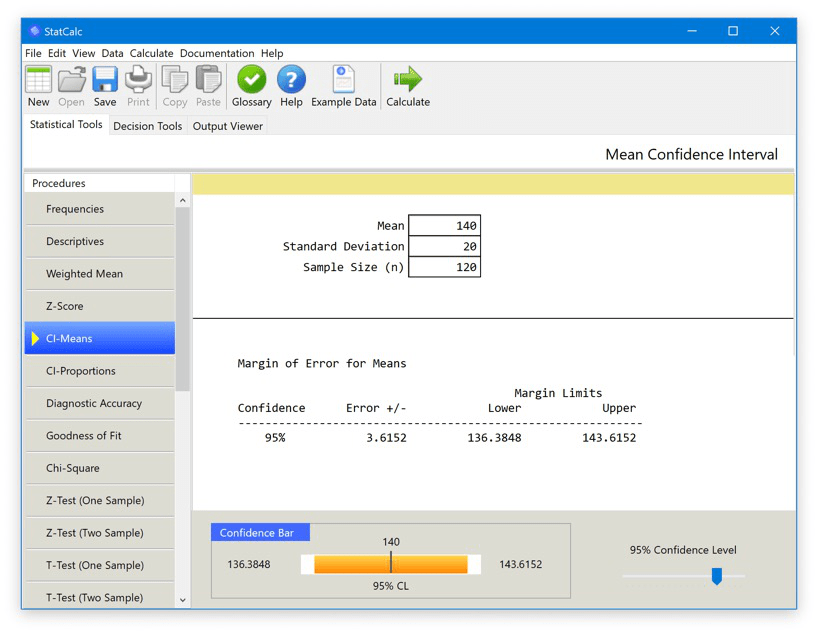
Static final Joiner COMMA_JOINER = Joiner.


Static final ImmutableList NAMES = ImmutableList.of("Ed", "Ann") Merely intending to never mutate the object is generally not enough. For example, if any of that instance's observable state can change, it is almost certainly not a constant. Before choosing constant case, consider whether the field really feels like a constant. I like Google's take on it ( Google Java Style)Įvery constant is a static final field, but not all static final fields are constants. Modify the current source code, StatCalc.java, to add instance methods getMax(). If you happen to be using slf4j and you want to use "logger" because you are used to that from other frameworks, or if it is easier to type, or for readability, go ahead. As mentioned in Section 3.8, subroutines in Java can be either static or. These are of course only conventions and not rules. Note that the slf4j javadocs page linked above has an example where they use "logger", not "LOGGER".
Statcalc java code#
calc new StatCalc () Read numbers from the user and add them to the dataset. Question: PLEASE USE COMMENTS FOR YOUR CODE Using the StatCalc class, write a Java program that calculates and then displays as output to the console. Start by creating an object of type StatCalc: StatCalc calc // Object to be used to process the data. So to be correct, if you are using log4j or JUL, it should be "logger", and if you are using slf4j, it should be LOGGER. Test your new class by using it in a program to compute statistics for a set of non-zero numbers entered by the user. On the other hand, the JUL logger is mutable. In summary, constant = static final, plus if it's a reference (vs. Type, it can still be a constant field if the referenced object is If a static final field has a mutable reference For example, enum constantsĪre constant fields. Static final field has a primitive type or an immutable reference type AĬonstant field is a static final field whose value is immutable. The underscore character, for example, VALUES or NEGATIVE_INFINITY. Whose names should consist of one or more uppercase words separated by

The sole exception to the previous rule concerns “constant fields,”


 0 kommentar(er)
0 kommentar(er)
